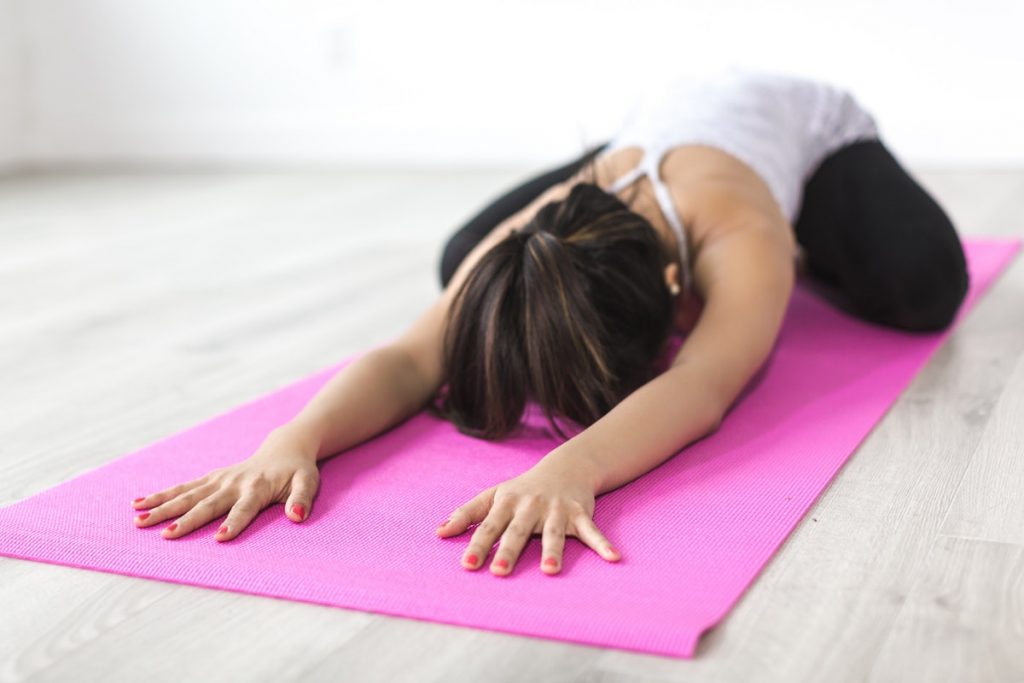Natural healing techniques have been gaining more popularity due to their ability to treat various conditions. They are often used alone or alongside conventional medicine. However, unlike traditional medical treatments, natural healing methods are gentle, holistic, and non-invasive.
Below are examples of natural alternative therapies that support self-rejuvenation, improve overall general health, and protect patients from the harsh side effects of modern medicine.
Acupuncture
Acupuncture is a technique used in traditional Chinese medicine. It involves the insertion of fine needles into specific points of the body to ease certain types of chronic pain.
Acupuncture points stimulate the central nervous system, allowing the release of chemicals that feature analgesic properties into the brain, spinal cord, and muscles. Acupuncture is also believed to open up blocked energy channels, prompting the body’s natural healing abilities.
Research shows that acupuncture alone or combined with conventional therapies can effectively treat the following conditions:
- Tennis elbow
- Osteoarthritis
- Nausea triggered by cancer chemotherapy and surgical anesthesia
- Myofascial pain
- Menstrual cramps
- Low back pain
- Headaches and migraines
- Fibromyalgia
- Depression
- Dental pain after surgery
- Carpal tunnel syndrome
- Asthma
- Anxiety disorders
- Addiction
Increasingly, acupuncture is being used to help with stroke rehabilitation. It is also believed to reduce stress and promote overall physical and emotional well-being.
Aromatherapy
Another method to consider for physical and emotional health is aromatherapy. This popular holistic technique uses natural plant extracts and essential oils to treat the mind, body, and spirit.
Aromatherapy works by activating smell receptors, which transmits messages through the nervous system to the brain. Certain areas in the brain can help regulate emotions and produce feel-good chemicals that promote feelings of happiness and pleasure.
According to the National Association for Holistic Aromatherapy, the most popular essential oils are as follows:
- Ylang Ylang
- Vetiver
- Tea tree
- Rosemary
- Rose
- Roman chamomile
- Peppermint
- Patchouli
- Neroli
- Mandarin
- Lemongrass
- Lemon
- Lavender
- Helichrysum
- Ginger
- Geranium
- Fennel
- Eucalyptus
- Cypress
- Clary sage
Essential oils used in aromatherapy may be inhaled directly or applied to the skin through lotions, massage, creams, or bath salts. Oils can also be incorporated into toners, shampoos, conditioners, or soaps. They can also be spritzed or diffused in a room.
Aromatherapy is reported to help manage pain, improve sleep quality, and reduce stress. It can also treat migraines and headaches, alleviate the discomforts of chemotherapy and labor, and improve digestion.
Naturopathy

Naturopathic treatment combines modern and traditional forms of medicine. It emphasizes the importance of maintaining a healthy lifestyle and supporting the body’s natural healing abilities.
Naturopathy uses various non-invasive techniques to enhance the person’s overall well-being including:
- Tactile therapies including acupressure, massage, or Bowen technique.
- Psychotherapy
- Nutrition and dietary advice
- Kinesiology and integrated bio-dynamics (IBD)
- Hydrotherapy
- Homeopathy
- Herbal medicine or nutritional supplements
- Exercise
Naturopathy allows individuals to fully understand the underlying causes of various health issues before proceeding to treatment. It helps keep a range of disorders at bay, from acute to chronic and from the physical to the psychological.
Research shows that multi-modality naturopathic medicine can be helpful in the treatment of the following conditions:
- Anxiety
- Cardiovascular disease
- Depression
- Musculoskeletal pain
- Polycystic ovary syndrome
- Type 2 diabetes
Homeopathy
Homeopathy makes use of highly diluted natural substances which supports the body’s ability to heal itself. It is grounded on the principle of “like cures like” which signifies that a substance that causes certain symptoms can also help alleviate those symptoms.
Homeopathy was discovered in the late 1700s by the German doctor, Samuel Hahnemann. It continues to be widely practiced in Europe to treat an extensive range of physical and psychological conditions.
Homeopathic practitioners dilute active plant and mineral ingredients through a process called succussion. They believe that the more a substance is diluted this way, the greater its ability to treat conditions.
Many homeopathic remedies feature substances that have been diluted multiple times in water until there’s almost none of the original substance left.
Homeopathy has been used to maintain healthy well-being and treat a wide range of long-term conditions such as:
- Rheumatoid arthritis
- Minor injuries such as cuts, scrapes and muscle strains and sprains
- Irritable bowel syndrome
- Atopic dermatitis
- Allergies
These days, staying healthy involves more than just prescription drugs and conventional treatments. Trying out the natural healing methods mentioned above will not only help ease physical pain but also rejuvenate your mind and spirit.






